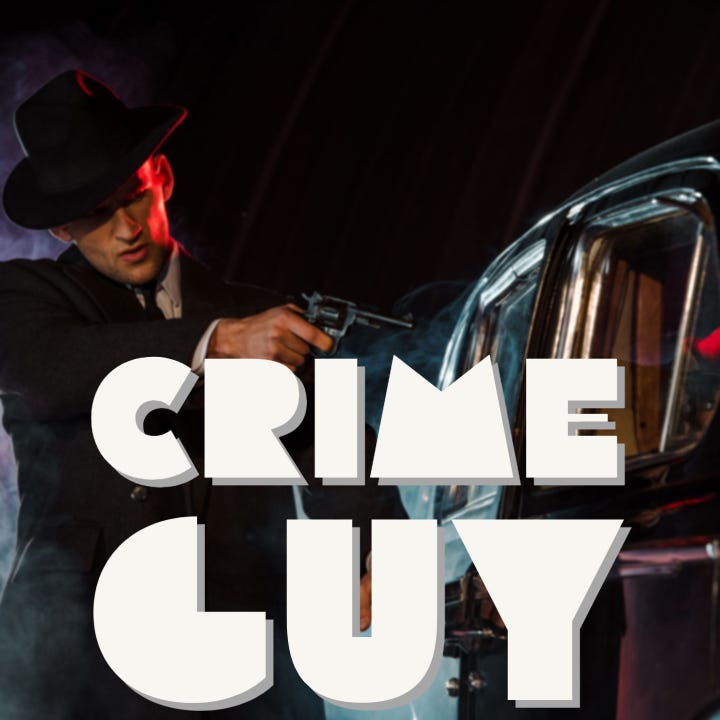True Crime As Entertainment?
I read an article in the British press this week examining and criticising the rise of the “true crime as entertainment” podcast phenomenon.
I read an article in the British press this week examining and criticising the rise of the “true crime as entertainment” podcast phenomenon. I think there is some validity in the criticism, but also a level of ignorance. Those of us who treat the subject as work, even if we are armchair amateurs, always try to keep in mind our motives and the tone of what we publish.
When you set yourself up as a “professional amateur” in this field, which is essentially claiming to bring a professional approach to unpaid work, with the aim of genuinely furthering an investigation or two, you set yourself up as a target too. I stopped my own podcast for many reasons, but one of them was certainly to try and avoid criticisms of my motives. I am interested in examining and solving cold cases, with my template being the incomparable Michelle McNamara.
What you quickly find, and much more often in the UK than in the USA, is that the authorities have no genuine interest in hearing from researchers. Unless you can hand them proof, hopefully with DNA (from where?) and a name, and possibly also a tape-recorded confession, the police here have zero interest in hearing from the general public. This is such a problem that I sometimes think they have no interest in solving cold cases either. Once the last friend or relative has died, and usually decades earlier than that, the book is closed. It is inconceivable that any British police force would allow someone like Michelle McNamara to load her SUV up with case files, take them home, and read everything back to front. Michelle had the gift of persuasion, but I am certain her beautiful character would not have prevailed in the UK.
I receive various anonymous tip-offs and advice, and it is all gratefully received. Quite often the people doing the tip-offs have found themselves ignored by the authorities. Perhaps, I reasoned, it was my lack of professional qualifications. So I started a criminology course. Everyone loves an “ology”, as Maureen Lipman once reminded us. Maybe it will open some doors, but I doubt it. The culture of secrecy is just too strong in the UK.
So where does that leave us, those who realise that true crime is no joke, that is not a form of entertainment, and is not for prurient titillation? Those of us who are disgusted by the images and stories we see and hear? Well, there is only one door open. That is the door of publicity. By shining a light on an old case, exploring the characters and turning the whole thing into a narrative, we raise the (slim) prospect that someone, some friend or colleague, will think again about that frightening night thirty years ago that might just lead to a conviction. You see this every week: the stale cold case is finally solved and the perpetrator goes to prison at the age of seventy. Better late than never, always.


